Whether you’re setting resolutions for the new year or just thinking ahead to Monday thoughts of dieting might cross your mind. And while it can seem like a great idea in the moment, as a Registered Dietitian I highly recommend that you DON’T diet! In this blog post I’ll go over 12 reasons to NOT diet and to instead adapt a no food rules lifestyle for a healthier, happier you.
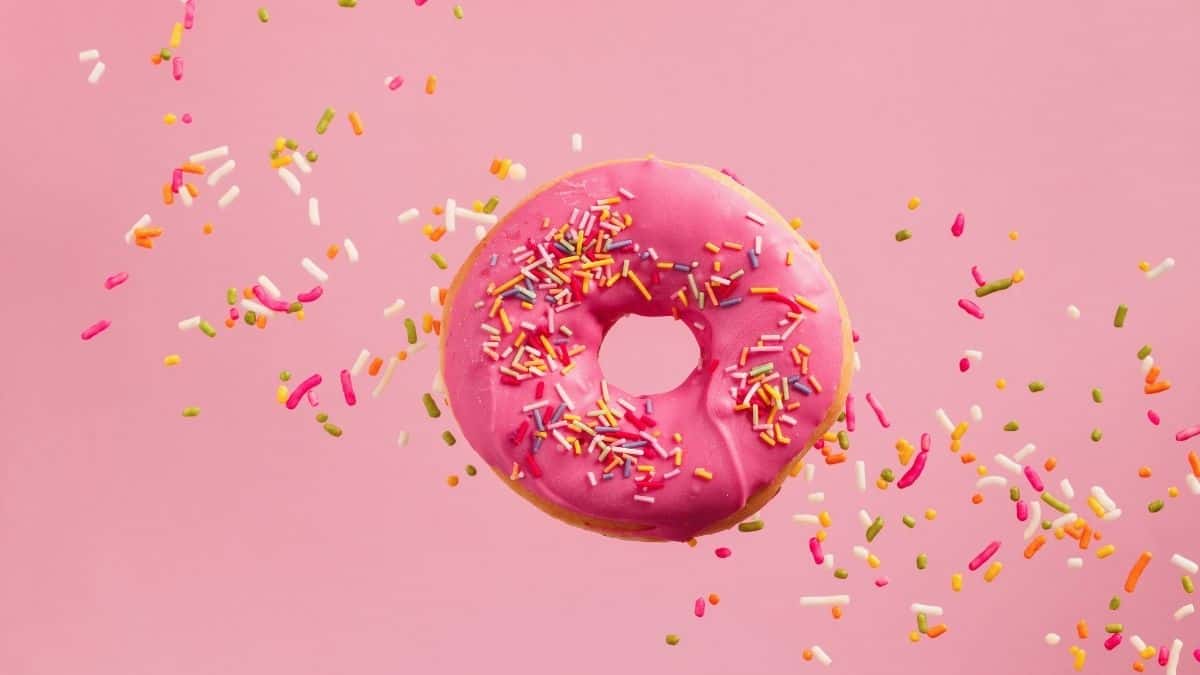
12 Reasons NOT To Diet
Reason #1 Weight Does Not Equal Health
Even though dieting in order to lose weight is marketed as a way to make us “healthier” isn’t necessarily true. More and more studies have shown us that health promoting behaviors improve our health status regardless of what happens to our weight when we implement them.
Another study compared two types of people in larger bodies: those who have a history of dieting and those who do not. The study found that those who did NOT have a history of dieting were healthier than those who had a history.
Reason #2: Dieting Makes You Want Off Limits Food MORE
Counting your calories /macros in a book or using MyFitnessPal is exhausting and disappointing. Saying a food is “off limits” is going to likely make you want that food even more and be more likely to eat it in a binge like style.
It’s kind of like saying don’t press the big red button… all you want to do is press the big red button! Sure you might be able to hold off for a bit but eventually you’ll want to smash that button like you’ll want to smash a few pints of ice cream!
One study shows that when dieters VS non-dieters have a milkshake the dieters tend to eat MORE of the milkshake, likely because it’s deemed a “bad” food and they better get it while they can!
Our bodies can sense restriction. So, even if you allow yourself to drink the milkshake but you think it’s “bad” or “unhealthy” you will likely eat more than if you had a healthy relationship with food and had no food rules.
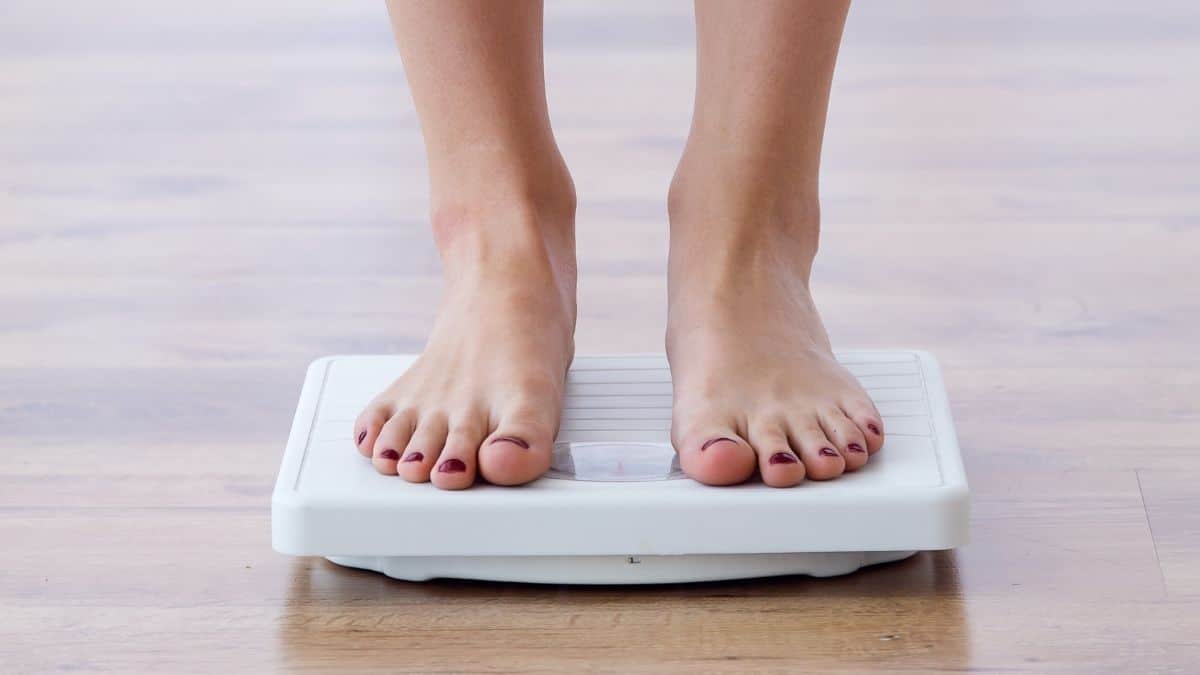
Reason #3: A “Healthy Weight” Is Different For Everyone
Focusing on weight loss in your health journey to reach XYZ number shouldn’t be the main goal on your wellness journey. And we know for many reasons that typical healthcare “standards” of weight such as the BMI are SO skewed and wrong.
For example, the BMI was not meant to be used for individual use, it doesn’t differentiate between fat and muscle mass, and it was developed using data from men to name a few.
There is growing research to support a set weight (see my post on set weight), a weight that our bodies want to be at to function optimally. Weight is not a food + exercise equation that our society (& the diet, ‘wellness,’ and ‘fitness’ industries) wants us to believe is in our complete control.
I’d highly recommend checking out the book Health At Every Size, which I have here on my intuitive eating book recommendation list!
Reason #4: ‘Juicing’ And ‘Detoxing’ Are B.S.
‘Juicing’ and ‘detoxing’ are only “successful” for weight loss in the short term because they place your body in an extreme deficit. This causes you to likely only gain it back when you go back to eating ‘normally.’
Your body has the ability to do all of the ‘detoxing” and re-setting that you need. Really! While there is nothing wrong with drinking a celery juice if you enjoy it (I don’t… but you do you!) know that isn’t not going to detox you.

Reason #5: Your Weight Can Manage Itself
Your body manages its weight with your set point and settling points. When we try to alter our weight with long-term diets, managing that loss doesn’t work. A study showed that this weight management had a success rate as little as 6%, over a 15 year follow-up period. When we mess with our body’s management of our weight, we may be inclining our bodies to regain + gain back any weight we do lose from these set points (even so much as 145% of our original fat mass!).
When we try to mess with that weight by controlling our intake or over exercising – our hormones work their hardest to protect us. As we change, our bodies change. When we grow as individuals (physically and as beings) our bodies acclimate to set points and settling points. This can and does change throughout our lives!
Our bodies adapt to meet the needs of each season we enter – such as overcoming an illness, growing a baby, or building up muscle to prepare for a marathon. These settling points help us maintain balance in our lives.
Reason #6: Fad Diets Don’t Create Long Term Weight Loss
Fad diets such as detoxing and juicing like we talked about are ‘successful’ in the short term because they place your body in an extreme caloric deficit. Following this period of restriction, you’ll likely gain that weight back, and likely then some.
Your metabolism works to protect itself during these times of caloric deficit by keeping an adequate amount of fuel (that’s stored in both muscle and fat!) for times of need. It does this naturally if you learn how to listen to your body.
We use our muscle stores for quick energy, so like those times you need to run away from a bear (Happens daily, right?!), or get up off the couch. We use our fat stores for longer periods without food – think sleeping, not having a snack between breakfast and lunch, or long periods of low intensity exercising like hiking or taking a long walk with your dog.
When you diet your body thinks “Oh crap! I better pack on EXTRA stores of energy so that when this food deficit happens again I’ll have energy!” This is why diet after diet causes our body weight to creep up and up!
Now I’m not saying if you don’t eat enough energy one day you’ll pack one extra pounds, this is talking about reducing your intake beyond what your body is telling you.
Additionally, sometimes people DO lose weight with intuitive eating, although that isn’t the goal. However, some people ARE above their set point weights and when they listen to their bodies they may take in less energy than when they weren’t listening to it and following diet culture. The difference is they aren’t the one forcing it.
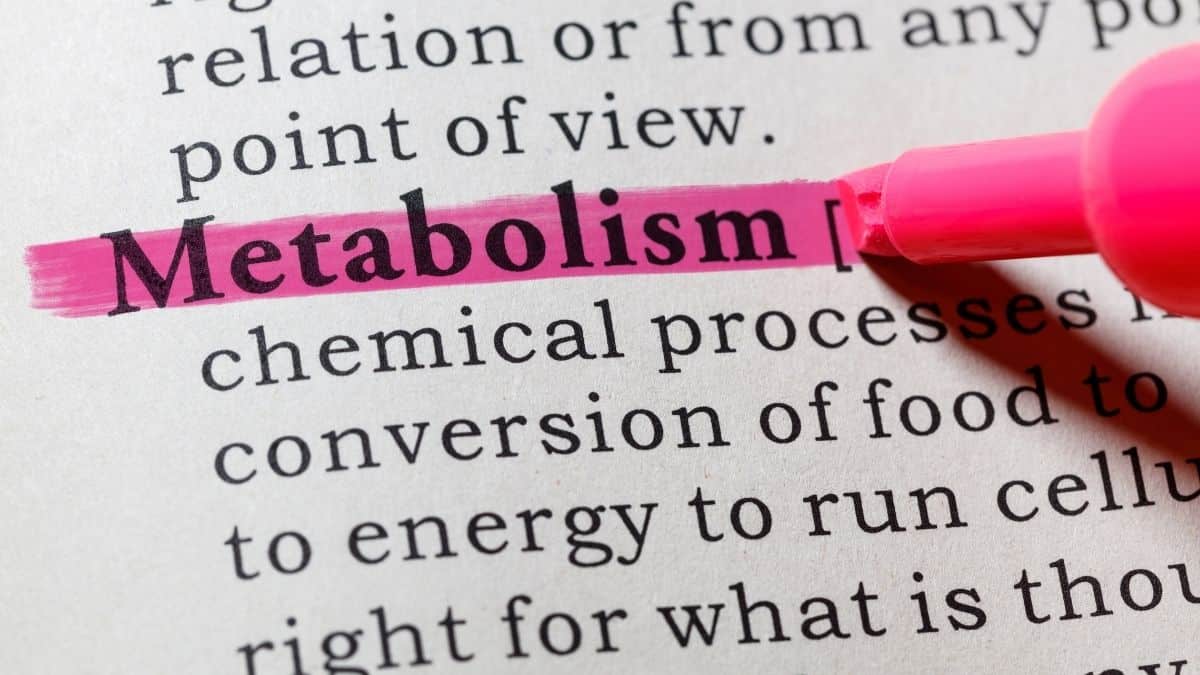
Reason #7: Your Metabolism Can Slow
When we alter our body’s set weight to lose weight by restricting our food, we alter our biology and our body’s response, which can lead to even more weight gain (the opposite of what we’ve intended).
The famous Biggest Loser contestants who manipulated their intake and exercise to unattainable amounts in everyday life lost weight quickly for the show are an example of this. Following the show as they’ve gone about living their normal lives, they now have to consistently increase their exercise to maintain their weight loss, from an already crazy amount of exercise they did on the show!
When researchers followed them up 6 years later, they regained weight, while also slowing their metabolism, making it even harder for their bodies to ‘lose’ it the next time.
There is research to support that strength training and high intensity interval training (HIIT) are ways to improve your lean body mass, which in turn can improve/speed up your metabolism. These exercise methods while intuitively eating can help improve your overall metabolism. Once again, adding health behaviors into our lives versus restricting ourselves is more likely to improve our health.
Reason #8: Dieting Increases Stress (And Negatively Impacts Health!)
Chronic stress (be it from a stressful job, everyday life anxiety or the stress and pressure dieting) can slow ones metabolism as well.
Stress increases our level of cortisol, which is the hormone that our metabolism responds to to protect our bodies’ functions, allowing them to function optimally.
When dieting with low calories, we increase our bodies’ cortisol which can lead imbalances of hormones that regulate our body functions including our appetites. (I talk more about this in my blog post on how to balance hormones naturally!) By monitoring our calories and not ‘trusting’ our bodies’ needs through intuitive eating, we are placing more stress on our bodies.
By intuitively eating, we can improve both our physical and psychological health, and avoid unnecessary damage to our metabolism regulation and hormone balance.
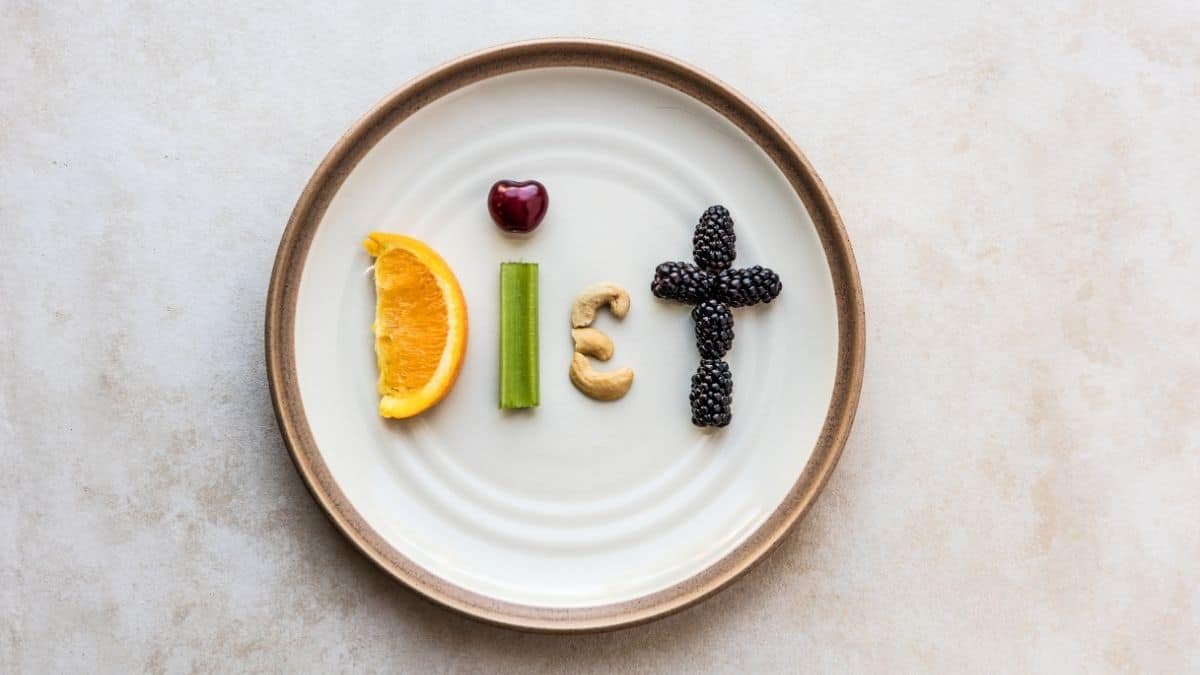
Reason #9: Yo-yo Dieting & Weigh Cycling Damage Health
When we continually weight cycle aka ‘yo-yo’ diet, we may be placing our bodies at more risk for chronic disease, high blood pressure, lessening bone density, and relative energy deficiency in sport (RED-S).
A large study out of Finland following both men and women (sample = 6860) found that those who were considered severe weight cyclers (weight loss ≥ 5 kg or ~11 lbs at least three times with regain) visited the doctor more often, had a poorer perceived health, and were more likely to use medications.
Outside of a poor self image, a metanalysis of thirty-one publications indicates that weight cycling may promote increased body fat, central adiposity (which is tied to metabolic syndrome risk), and increased likelihood of future weight gain.
There is evidence that indicates weight cycling may be putting us at more harm than the weight itself, and ultimately more research is always better to come to a consensus on the complex mechanisms of our metabolism.
Reason #10: Dieting Can Imbalance Hormones
I recently wrote about hormone balancing and discussed that dieting and excessive exercise can lead to estrogen and leptin imbalances that can lead us to some severe health consequences.
High estrogen can happen on its own or from some medications, and can cause bloating, irregular periods, mood swings, and trouble sleeping – just to name a few. This high estrogen can then impact the levels of other hormones, causing estrogen to predominate.
Low estrogen can also cause irregular periods, decreased sex drive, and more as well.
Leptin resistance (Leptin= fullness hormone!) can occur due to low intake and decrease our sensitivity to it. In other words, we don’t realize that we’re full when we’re full! Because of this, our body produces less leptin, to get us to eat more even though we might not need it.
Reason #11: Metabolic Damage May Be Long Term
Though we can improve the relationship with ourselves and how we eat, The Biggest Loser contestants are a textbook example of the dangers of dieting and extreme exercise and the damage it does to our metabolism. However, one study has shown that metabolic rate can increase again after periods of restriction.
Everybody is totally different and I do think you can improve metabolic damage (as the study has shown), but it would really come down to the length of dieting/severity/etc as to what the specific long term effects would be. It would also depend on where you’re life (aging can impact it naturally) etc.

Reason #12: You Deserve To Love Yourself
LISTEN UP: There is only one of you and you are more than a body. We only have ONE life to live. Do you want to go through it obsessing over your weight and missing out on making memories?
I often ask members of The SociEATy to ask themselves “What would you want your 99 year old self to remember? Calories and diet obsession or memories?” Try thinking back to your last diet and think about the things that happened in your life. I bet they are clouded by memories of the diet itself VS the memories you made. Right?!
We are all unique individuals and our bodies SHOULD look different. You’d never expect a beagle to look like a husky would you?! Don’t compare yourself to another human!
If loving yourself for who you are not what you look like is tough try asking a close friend of family member to list off a few of your characteristics that have nothing to do with physical appearance.
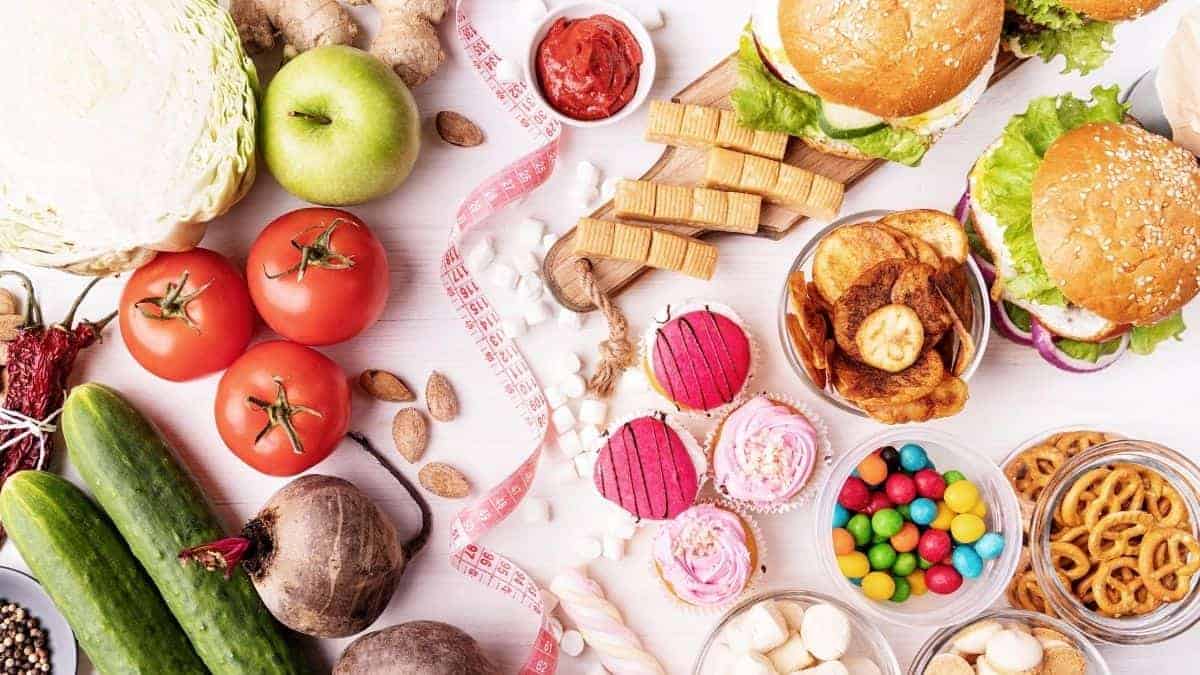
A Final Word On Dieting
These 12 reasons are just a few of the many reasons that I advocate for food freedom and not dieting! You deserve to enjoy the life and body you’re in!
If you read this and were like: “Yeah… I’m still going to diet” that is 100% a decision that you are able to make. Do I agree? No. But do we all have the right to do what we want with out bodies? Abso-freaking-lutely!
If you read this and were like: “Colleen.. I’m DONE! I want freedom!” Be sure to take this quiz to identify what your dieting weakness is and get customizes resources to overcome it!
Comment below with your thoughts on this. Were any of these reasons to not diet surprising?! Let me know!
XOXO
-Colleen
This blog post was written by Colleen Christensen, RD and researched and written with the help of Amy Sharn, MS, RDN, LD.
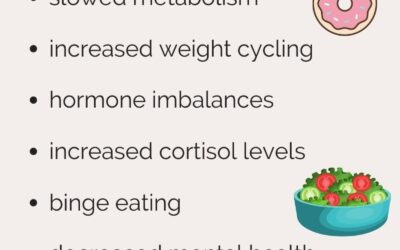
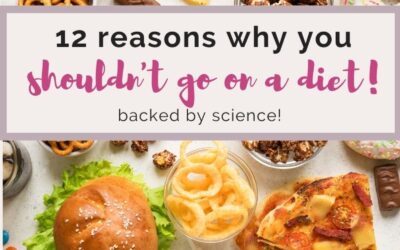




Leave a Reply